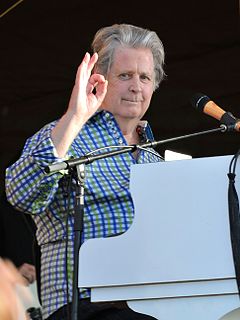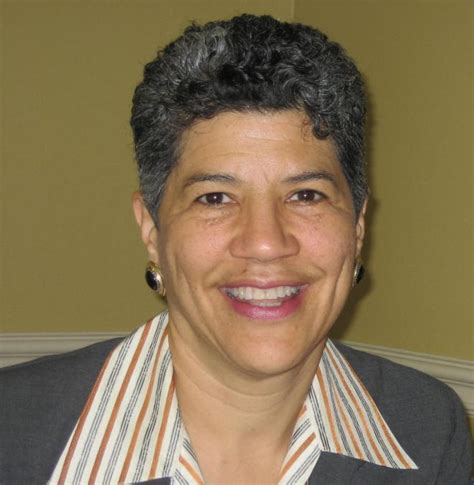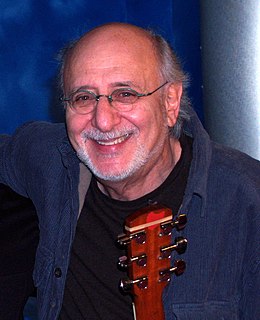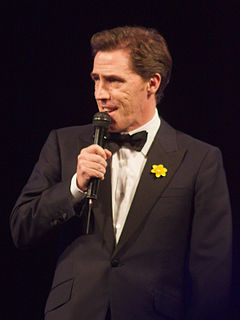A Quote by Brian Wilson
I get off on hearing other people's voices. I like voices: they're my favourite things on records.
Related Quotes
Unfortunately, you've grown up hearing voices that incessantly warn of government as nothing more than some separate, sinister entity that's at the root of all our problems. Some of these same voices also do their best to gum up the works. They'll warn that tyranny is always lurking just around the corner. You should reject these voices.
In a thousand voices singing the Hallelujah Chorus in Handel's "Messiah," it is possible to distinguish the leading voices, but the differences of training and cultivation between them and the voices in the chorus, are lost in the unity of purpose and in the fact that they are all human voices lifted by a high motive.
I now understand what Nelle Morton meant when she said that one of the great tasks in our time is to "hear people to speech." Behind their fearful silence, our students want to find their voices, speak their voices, have their voices heard. A good teacher is one who can listen to those voices even before they are spoken-so that someday they can speak with truth and confidence.



































